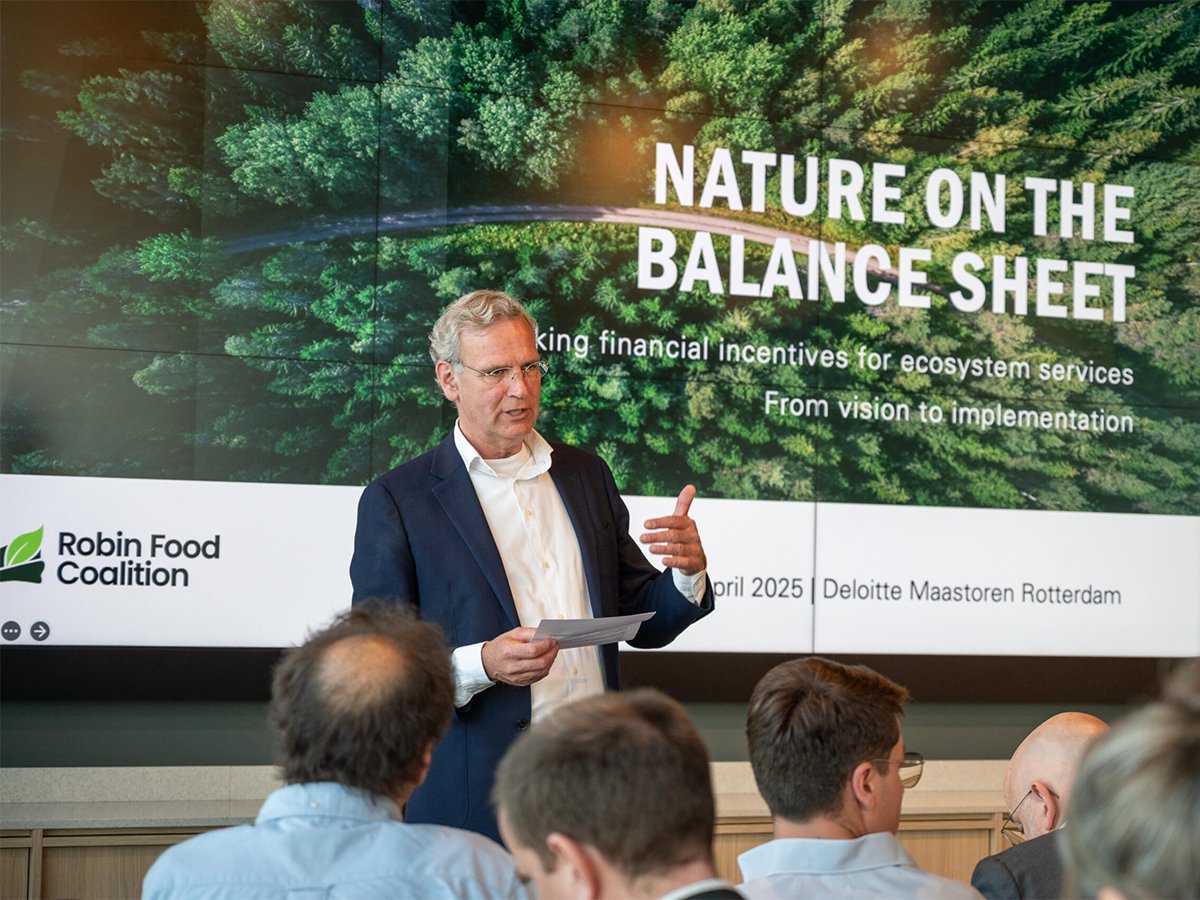A Regina company has tackled the shrinking market for culled layer hens by turning the birds into a unique value-added product.
Oleet Processing Ltd. opened its $1 million plant on the northern outskirts of Regina earlier this year and plans to process three million hens annually into about 4,000 tonnes of high protein animal feed ingredient.
Plant manager and shareholder Leonard Underwood said culled hens were once used in human food, but that market has all but dried up.
“There was a strong market when McDonald’s first introduced McNuggets,” he said. Other buyers included soup companies.
Read Also

Activist urges new way to measure profitability
Organic activist praises Mark Carney for spearheading the Task Force on Climate-related Financial Disclosures.
“But we in the industry are demanding a smaller and smaller bird that really doesn’t ever get very heavy,” he said. “The meat yield is almost not worth it.”
Most of those that once paid for meat from culled hens have turned to broilers, younger and more tender birds, leaving egg producers with the problem of what to do with their aging laying hens. Underwood believes he has the solution.
Special truck
Year-old hens are killed at the plant or, more often, at the farm when they are picked up by a specially outfitted tanker truck.
The birds are pulled into a vacuum grinder that electrocutes and macerates in one second, Underwood said; a quick and humane process.
Terry Whiting, veterinary specialist with the Canadian Food Inspection Agency, said Oleet’s truck speaks to the contentious issue of hauling live animals. He said cull chickens die in transport at 10 times the rate of broilers. Killing on the farm also means injured birds aren’t transported.
“Subjecting a marginal animal (to transport) to salvage 10 cents for chicken soup is not that palatable to the industry,” Whiting said. “Egg producers recognize they have a responsibility to care for their (bird) until it is dead.”
Underwood said O & T Poultry, the major shareholder in Oleet, had been looking at processing possibilities for about eight years before choosing Oleet, which sells to pet food businesses in Saskatchewan and Alberta.
At the Regina plant, the ground carcasses are put into tanks with raw sugar and “good” bacteria.
“The bacteria is an anaerobic bacteria, which feeds off the sugar and it colonizes and grows in the mass, producing lactic acid,” Underwood said. This drops the pH and neutralizes the mixture.
The meat is pumped into a mixer and an equivalent amount of soybean meal is added. Underwood said the company plans to try peas and lentils in the mix.
The mixture is sent through extruders, where heat and extreme pressure destroy bacteria and viruses that may have survived.
It also breaks down the proteins and carbohydrates to make the product more easily digestible, Underwood said.
The product is dried to about 10 percent moisture and the solids are separated and slowly cooled, while the air from the dryer is discharged.
That’s where Oleet’s growing pains come in.
The smell emanating from the plant this summer caused complaints from nearby residents and the rural municipality ordered the plant to shut down temporarily last month. People living as far as 10 kilometres away complained of the smell.
Surprising result
“No one anticipated and expected that we would have a gas development in the macerated product as quickly as we have,” Underwood said.
Ozonators were installed on the tanks, another system takes the odors off the extruders, and a chemical product called De-Scent is being pumped into the air stack to clean the air from the dryers. Last week, the plant remained closed voluntarily while odor tests continued.
Underwood said all efforts have worked to an extent. The company is also changing how the chemical is used in the air stack. Air quality studies will examine why the problem occurred in the first place.
“Why is this gas traveling so far without dissipating?” Underwood said.
“It just chews me up inside to think I’m causing someone lots of problems in their daily life,” he said. “We have to get rid of what is offensive. I’m asking people to give us a chance.”















